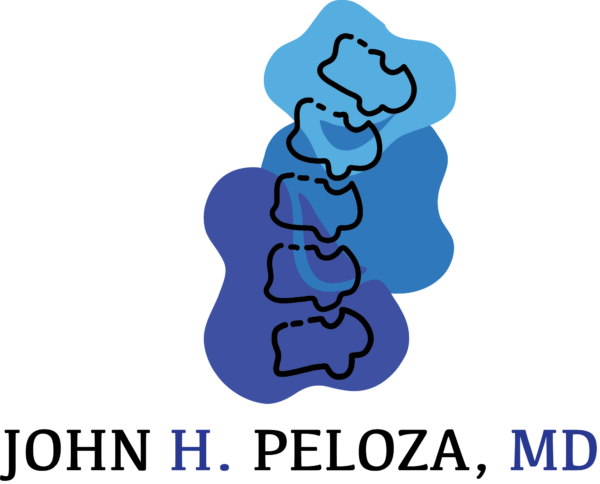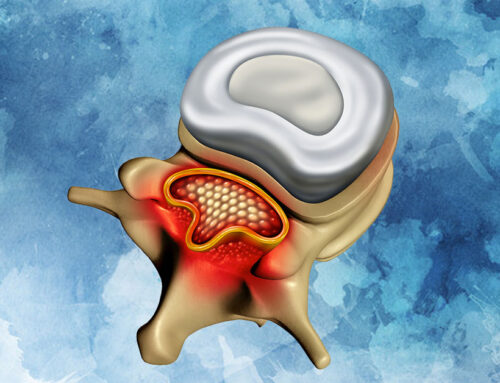
What are Failed Back and Neck Surgery Syndromes?
Failed Back Surgery Syndrome or Failed Neck Surgery Syndrome are the terms used to describe pain that starts or persists after a back or neck procedure. Neither of these terms refer to actual syndromes, but the word syndrome is commonly used to refer to the condition of new or persistent pain after undergoing back or neck surgery.
What causes Failed Back and Neck Surgery Syndromes?
The cause of continued pain after back or neck surgery will vary depending on the patient, the surgery that was performed, and other factors. In general, pain may be felt afterwards if the surgery that was performed did not correct the actual cause of back or neck pain. Other issues that may lead to failed back or neck surgery syndromes include the existence of multiple pain sources, misdiagnosis before the surgery, or complications during the surgery or the rehabilitation process.
Failed back and neck surgery syndrome may also occur if there were issues in the rehabilitation process that resulted in improper healing. The healing process plays a very important role in every spinal procedure. If the spine does not heal correctly, it can make existing problems worse or create new structural issues in the spine.
Symptoms and Diagnosis
Symptoms of failed back surgery syndrome and failed neck surgery syndrome both vary depending on the cause, location, and severity of the condition. The most common symptoms of both syndromes is pain. The pain usually starts after a surgical procedure, but it may also persist despite the surgical procedure.
If your doctor suspects that you may have this condition, the diagnosis may be confirmed with different imaging tests and a physical examination to determine the source of your pain.
How are Failed Back and Neck Surgery Syndromes treated?
Treatment options vary depending on the source of the pain, its severity, your general health, and other factors. Some initial treatment options may include stretching and physical therapy exercises, injections, and other conservative treatments. If the condition is very severe, surgery may be necessary.







